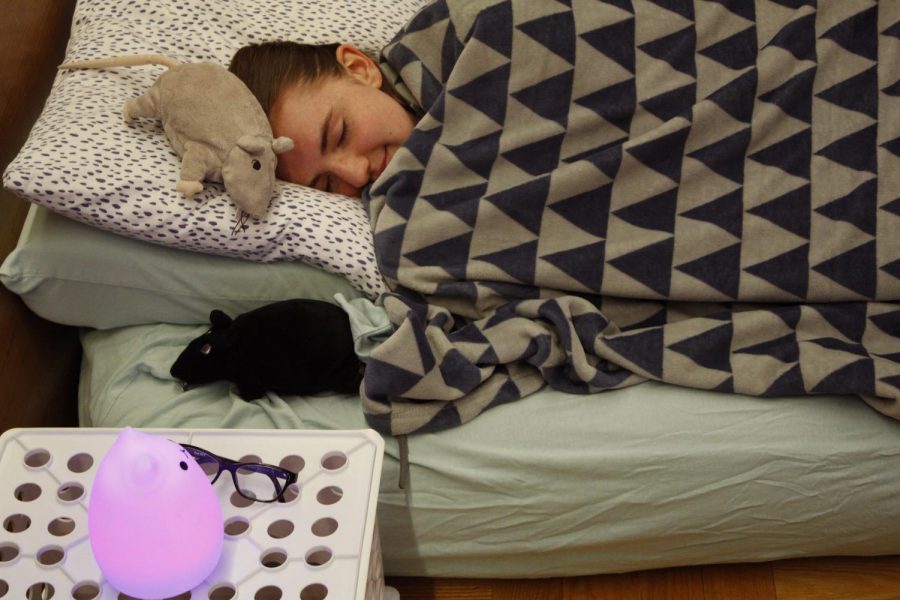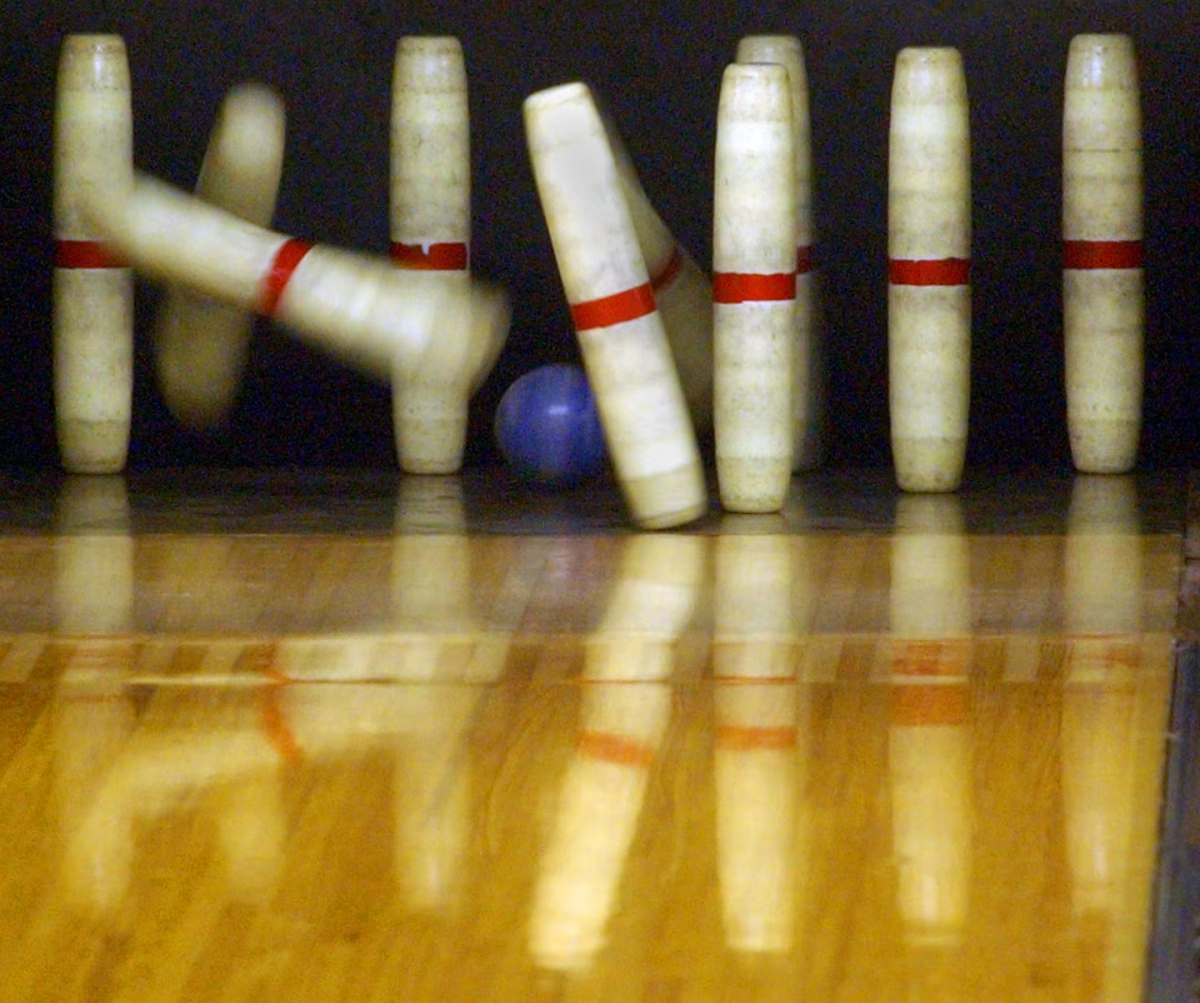A new semester is here and before you pull an all-nighter on your first essay, consider the potential side effects of depriving yourself of sleep. Sleep is one of the greatest parts of life, yet many of us may not be getting enough of it, especially in college with strict deadlines and various assignments. Sleep deprivation is a common problem among college students, with one in three adults not getting the amount of sleep recommended to reap the positive benefits. Another study found that 60 percent of college students are getting poor sleep quality. Sleep is not an activity to ignore. Being aware of the consequences of sleep deprivation may inform your decision to stay up late or call it a night early.
Cognitive performance
Possibly the most influential factor on test performance, cognitive performance is impaired by sleep deprivation. I can’t think of a test that doesn’t require a significant degree of cognition in order to pass. But the loss of cognitive performance under sleep deprivation is not that shocking. What may be shocking is that sleep-deprived people overestimate their performance compared to non-sleep-deprived patients. This overconfidence may lead to inflated expectations and a delusion of productive studying.
Attention span
When you’re tired, you can’t focus as well. As shown by this summary of various cognitive test results, your attention span decreases significantly when tired. This lack of vigilance can extend to the lecture hall, hampering your ability to pay attention, possibly resulting in material not being properly encoded in your brain.
Mood
If your mind not functioning fully is not scary enough, a worsened mood might be. This analysis found that the most significant change when sleep-deprived is your mood. Mood changes include irritability, negativity and anxiousness. Emotional shifts like those can hurt both your social life and academic work, especially when the shifts are consistent. Poor sleep also increases the likelihood of developing depression.
Health Risks
High blood pressure, heart disease and higher body fat percentage are all symptoms of lack of sleep. All of these symptoms have been shown to be at increased risk due to sleep deprivation. For those of us that go to the gym, sleep is essential for optimal muscle growth. Sleep deprivation can cause muscle mass to decrease.
Memory
Sleep helps encode memories into your brain; lack of sleep reduces the brain’s ability to form memories. This study found that poor sleep habits result in worse cognition and memorization later in life as well. One theory, mentioned in this article, as to how sleep affects memory formation, involves blood flow. Sleep can cause narrowed blood vessels, which possibly impact blood flow in the brain, and would impact memory formation as brain cells require oxygen to function properly.
There are some ways to get more rest than just going to bed earlier. One such way is taking an afternoon nap. A study has shown the benefits of a 45-minute or two-hour afternoon naps on cognition. The study also showed that afternoon naps, contrary to popular belief, did not increase daytime tiredness and did not affect nighttime sleep at all.
Skipping sleep is not a sign of discipline. It’s not something to be to omitted in your schedule. Being tired is the body’s way of telling you to sleep and being well-rested can be an amazing feeling. We all love sleeping, but we don’t do it as much as we should.
So, what is to learn from this? To put it quite simply: get to bed.
Ben Connolly can be reached at [email protected].



















